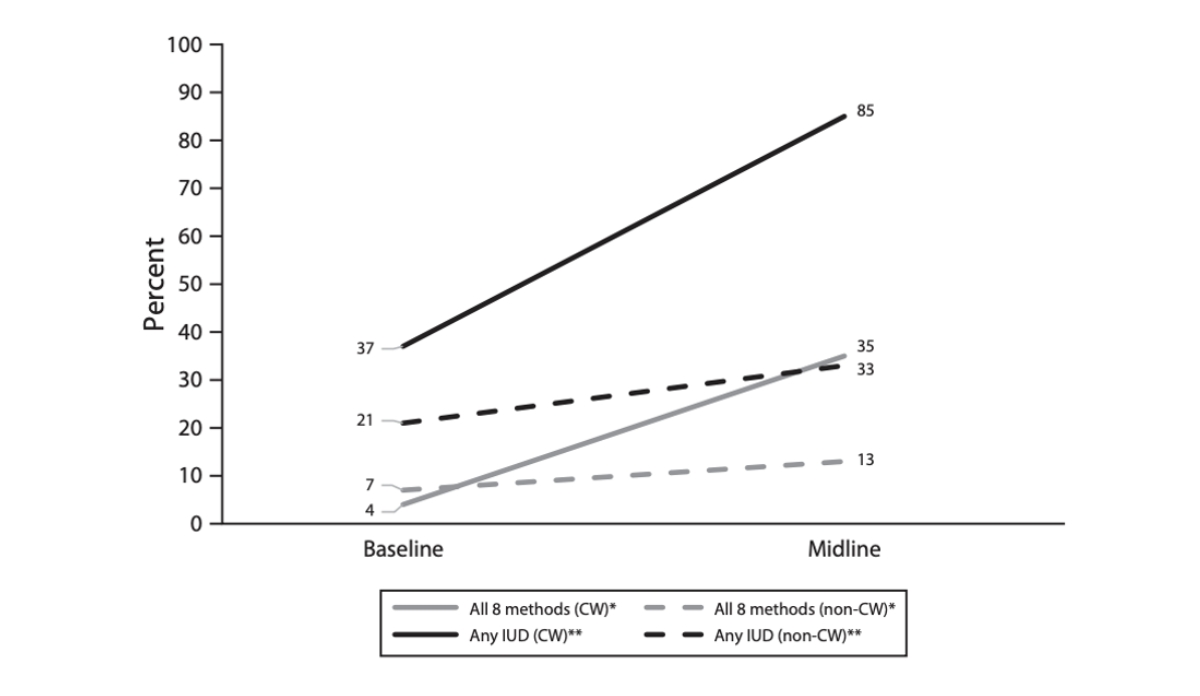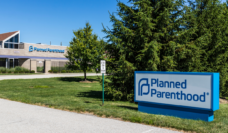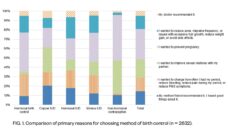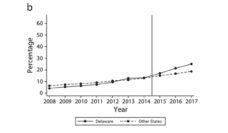After the 2022 Dobbs v. Jackson Women’s Health Organization Supreme Court decision, multiple states banned or restricted abortion access. In response, retail sales of emergency contraception soared. While most sexually active women use contraception, interest in longer-lasting forms of contraception may soon grow, as well.
South Carolina is one state that restricted abortion access. But approximately 50% of pregnancies in South Carolina are unintended, with more than 300,000 low-income women lacking reasonable access to contraception.
Choose Well was a state initiative that began in 2017 to reduce unintended pregnancies in South Carolina by improving contraception access. Implemented in federally qualified health centers – publicly-funded safety-net clinics serving low-income, uninsured, or underinsured patients – this program emphasized staff training as a means to improve contraception provision.
Kate Beatty and colleagues evaluated Choose Well’s impact on clinics in South Carolina; they also surveyed non-participating clinics in Alabama as a comparison. The investigators tracked the provision of 8 birth control methods – oral contraceptive, intrauterine device (IUD), patch, ring, implant, shot, condom, and diaphragm – and found that access increased substantially for participating clinics. In 2016, fewer than 5% of the South Carolina clinics offered all 8 methods of birth control. By 2019, this rose to almost 35%. Non-participating clinics in Alabama saw a much smaller change, with roughly 13% of clinics offering all 8 methods in 2019.
Access to IUDs in particular increased with Choose Well’s implementation. The number of participating clinics offering IUDs rose from 37% to 85%. For non-participating clinics, the change was 21% to 33%. IUDs are extremely effective and last 3-12 years, so they are a good option for low-income women or women without the insurance necessary to maintain regular doctor’s visits.
The authors note that the organization that implemented Choose Well, New Morning, has moved to addressing systemic barriers to contraception. As part of their goal to create sustainable change, they have shifted from focusing solely on reducing unintended pregnancies to institutionalizing the changes through securing long-term funding to keep this program active in these clinics.
Databyte via Kate Beatty, Michael G. Smith, Jordan de Jong, et al. Impact of the Choose Well Initiative on Contraceptive Access at Federally Qualified Health Centers in South Carolina: A Midline Evaluation. American Journal of Public Health, 2023.














